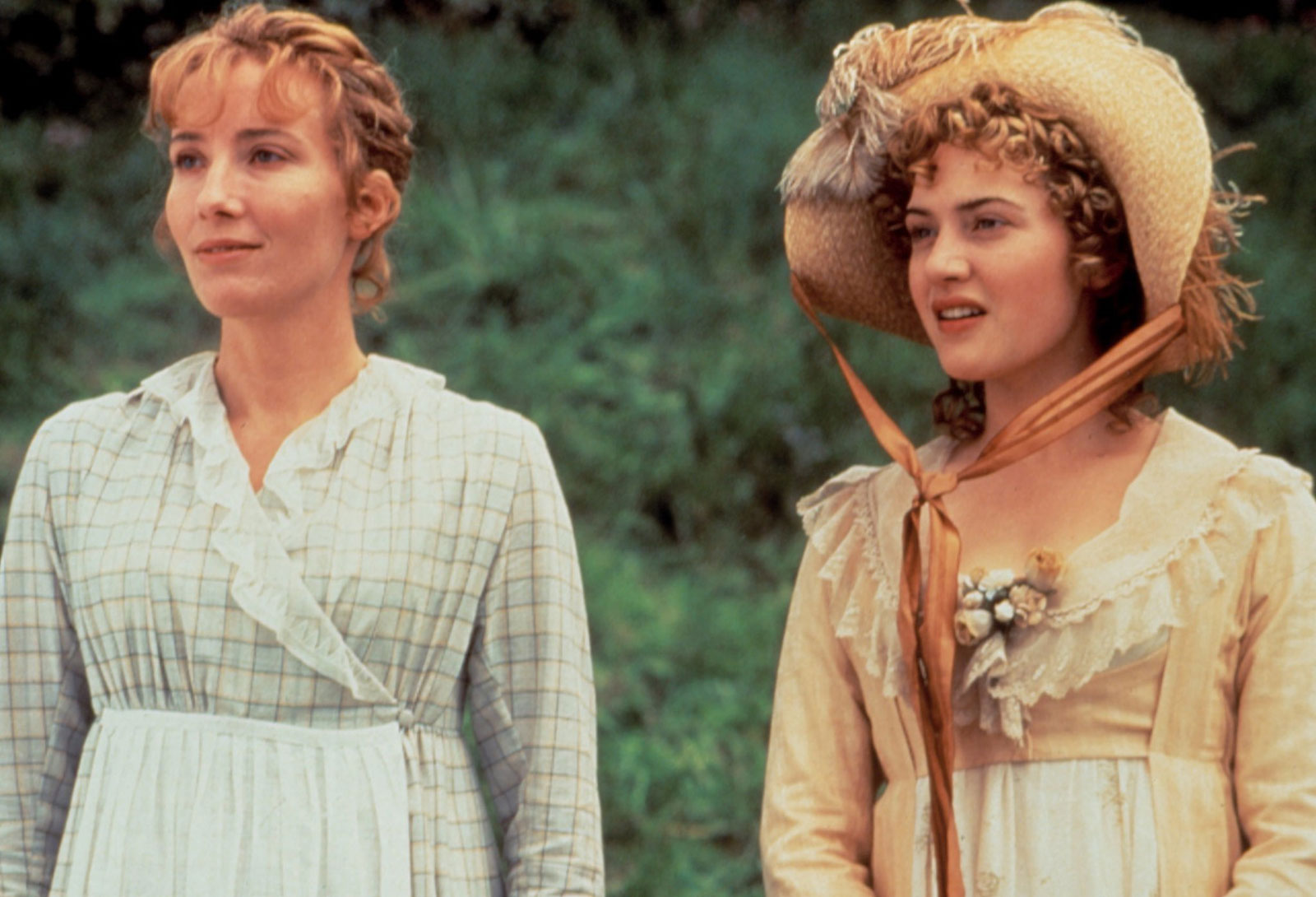

2024 ZIMSEC O Level Results Now Out The Zimbabwe School Examinations Council (ZIMSEC) has officially…
Former Vice President Phelekezela Mphoko has died aged 84, presidency spokesman George Charamba has confirmed.…
The Zimbabwe School Examinations Council (ZIMSEC) opened its online portal for Grade 7 results…
2024 ZIMSEC Grade 7 Results Now Out The Zimbabwe School Examinations Council (ZIMSEC) has officially…
We’re bringing free WiFi to different parts of Zimbabwe to help you access eduzim.co.zw for…
Sadza is a simple, hearty dish that forms the backbone of many Zimbabwean meals. It's…